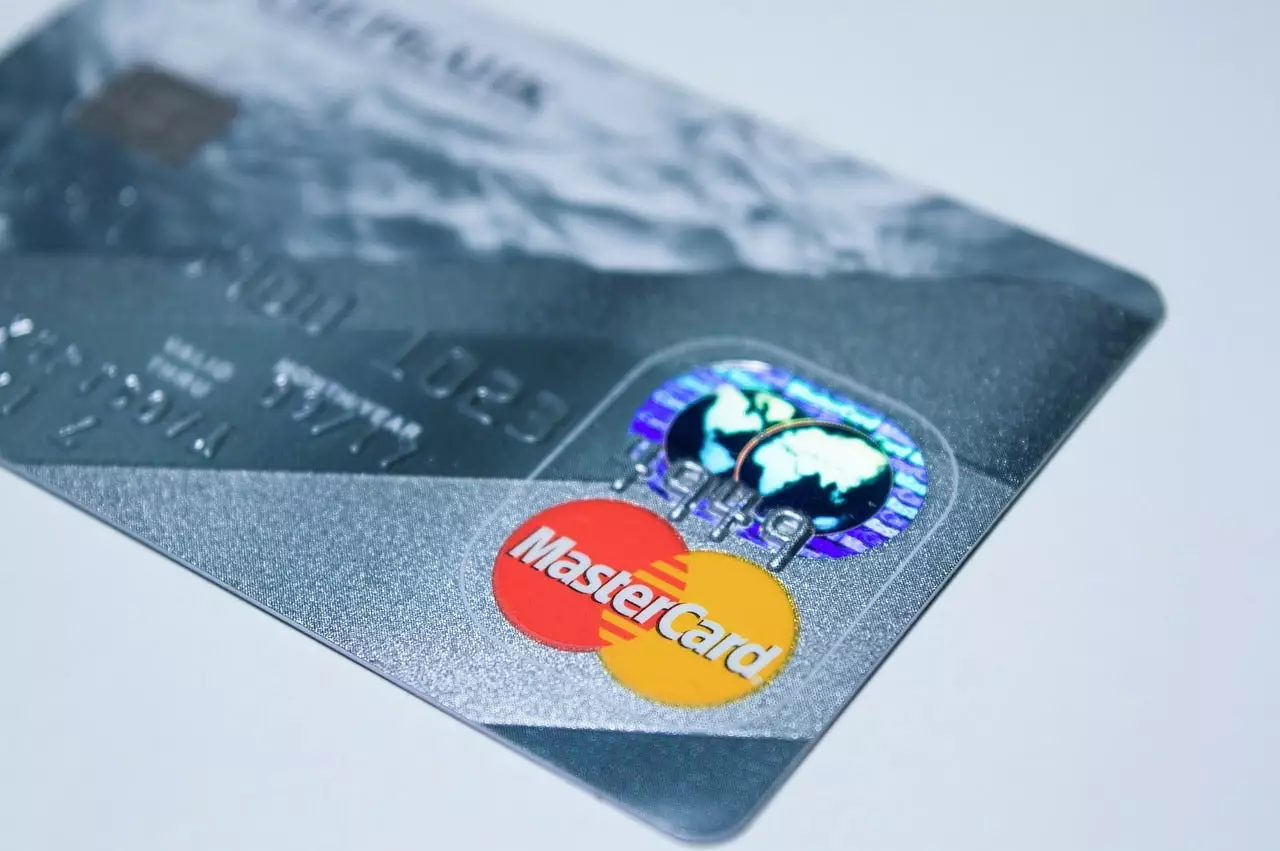Mastercard’s new “Crypto Credential” service has revolutionized peer-to-peer crypto transfers by making the process more intuitive and user-friendly. With this new service, users of select crypto exchanges now have the option to send and receive digital assets using a Mastercard Crypto Credential Alias instead of the traditional blockchain addresses that are often long and confusing strings of random numbers and letters.
One of the key benefits of Mastercard’s Crypto Credential service is the enhanced security and accessibility it offers to users. By replacing complex wallet addresses with user-friendly aliases, the service not only makes sending blockchain transactions more secure but also more transparent and accessible to a wider audience. This innovative approach eliminates the risk of funds being lost due to user mistakes and protects against address poisoning scams, providing users with a greater sense of security when engaging in peer-to-peer transactions.
Currently available at select exchanges such as Bit2Me, Lirium, and Mercado Bitcoin, Mastercard’s Crypto Credential service is set to expand its reach to several countries, including Brazil, Chile, France, Guatemala, Mexico, Panama, Paraguay, Peru, Portugal, Spain, Switzerland, and Uruguay. The company has also hinted at adding more European countries in the future, indicating a commitment to global expansion.
While peer-to-peer transactions mark the initial use case for Mastercard’s Crypto Credential service, the company has plans to explore other potential applications in the future. These may include support for NFTs, ticketing, and other payment solutions, depending on market demand and compliance requirements. By diversifying its offerings, Mastercard aims to cater to a broader range of users and provide innovative solutions for various blockchain-based transactions.
Mastercard’s foray into the world of blockchain and digital assets is further evidenced by its recent collaboration with major banks to test distributed ledger technology for settling digital asset transfers. This collaboration highlights the company’s ongoing commitment to innovation and exploration of new technologies in the financial sector. By testing assets such as commercial bank money, US treasuries, central bank money, and investment-grade debt on a distributed ledger network, Mastercard is at the forefront of digital transformation in the industry.
Mastercard’s Crypto Credential service has significantly impacted peer-to-peer transactions by simplifying the process, enhancing security, and expanding accessibility for users worldwide. With a focus on user-friendly aliases, secure transactions, and future potential for diversified use cases, Mastercard has positioned itself as a key player in the evolving landscape of digital assets and blockchain technology. As the company continues to innovate and collaborate with industry partners, the future holds promising possibilities for enhanced financial services and seamless digital transactions.



















Leave a Reply